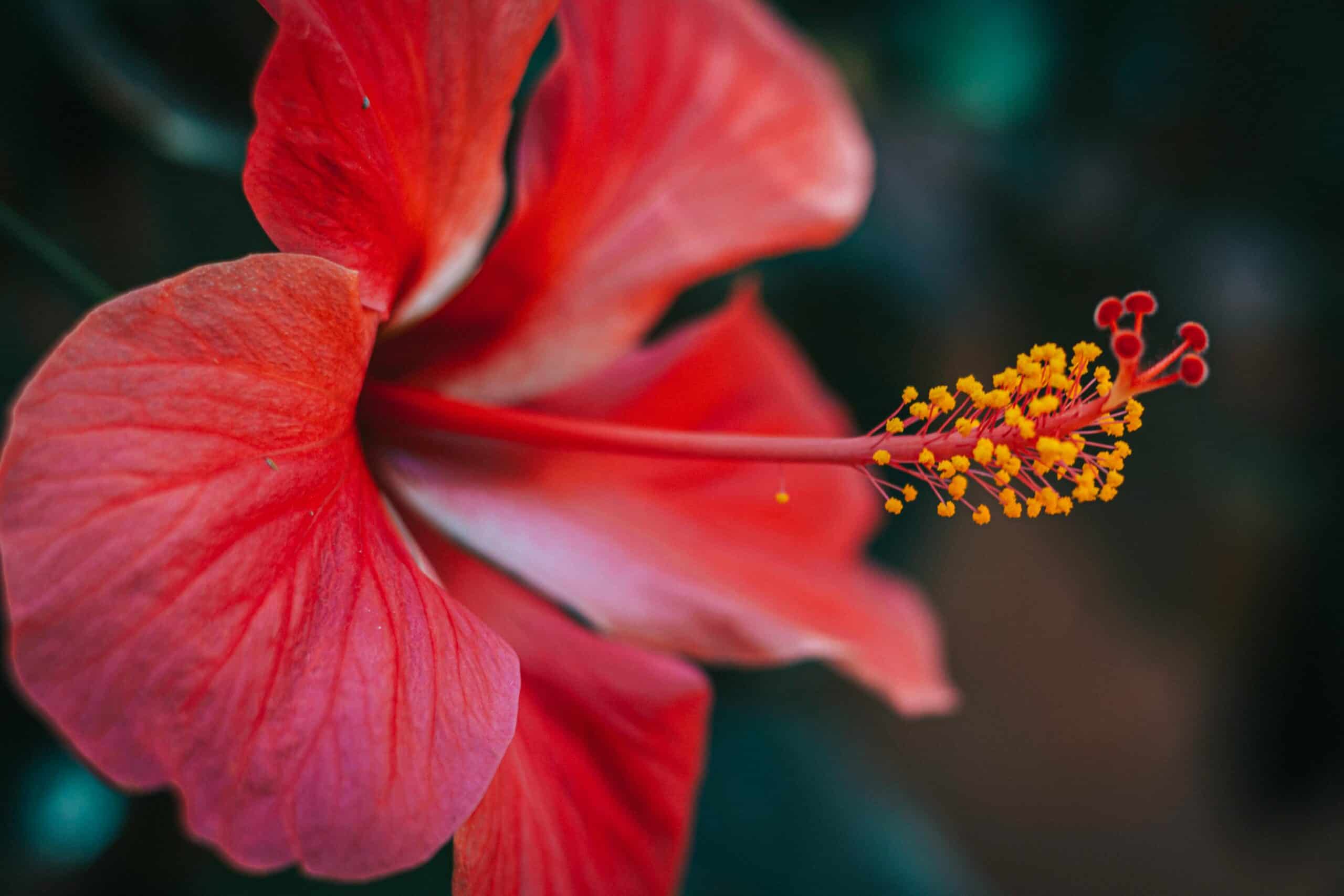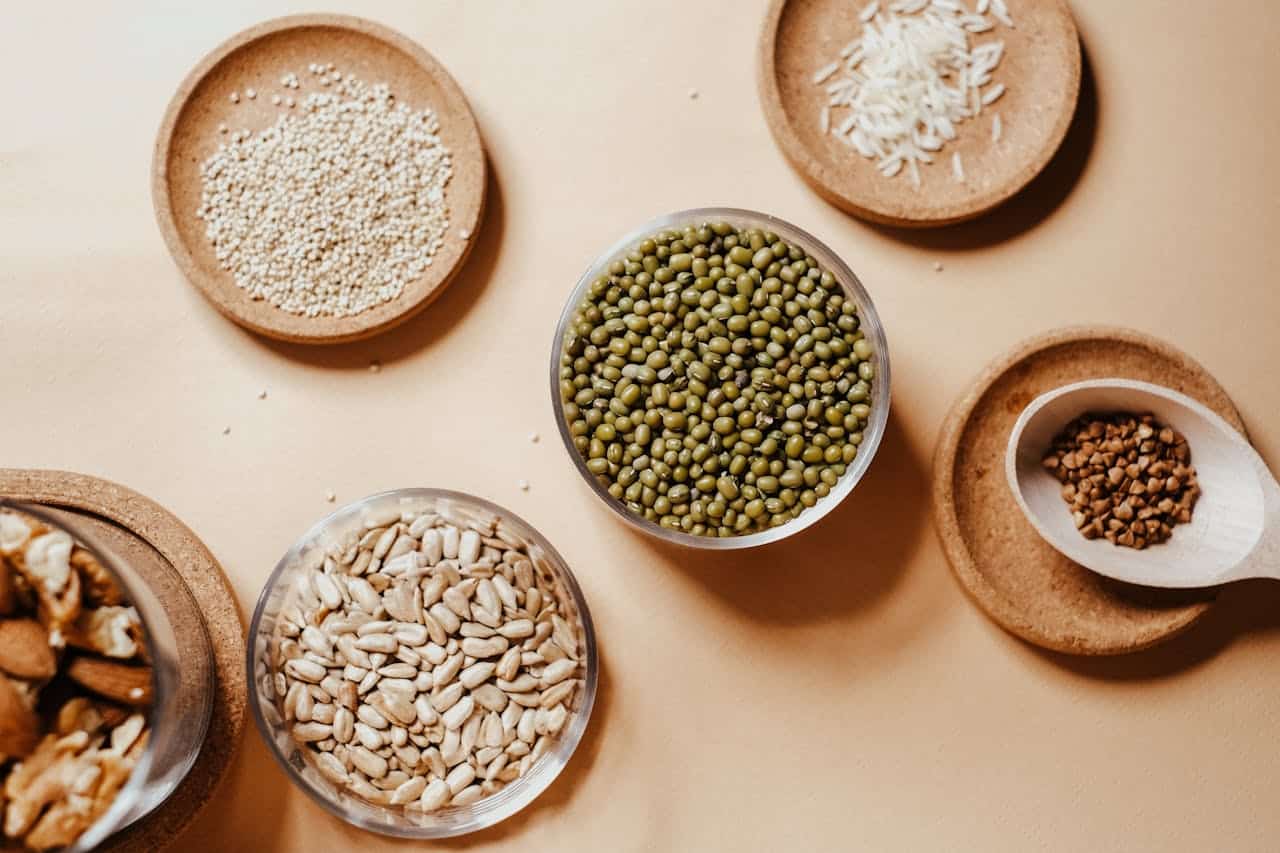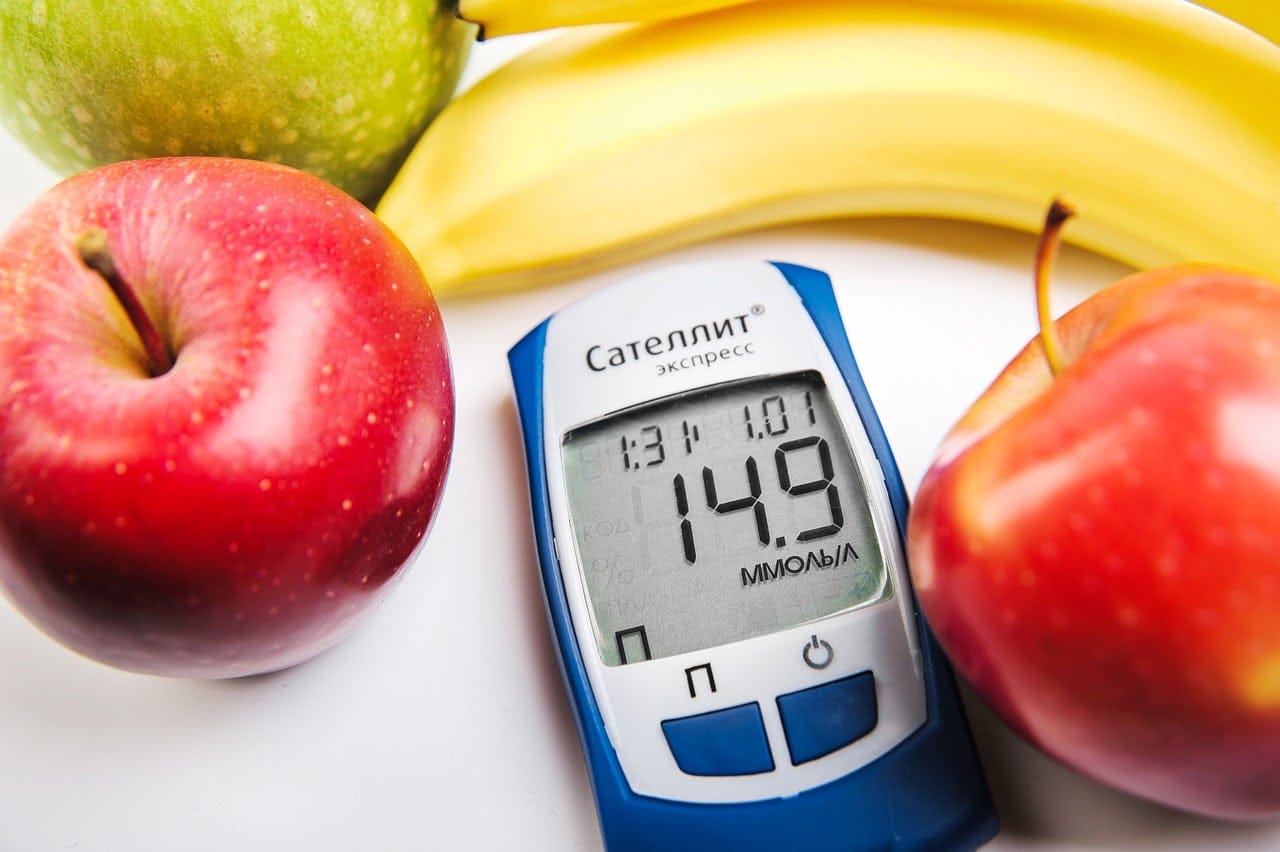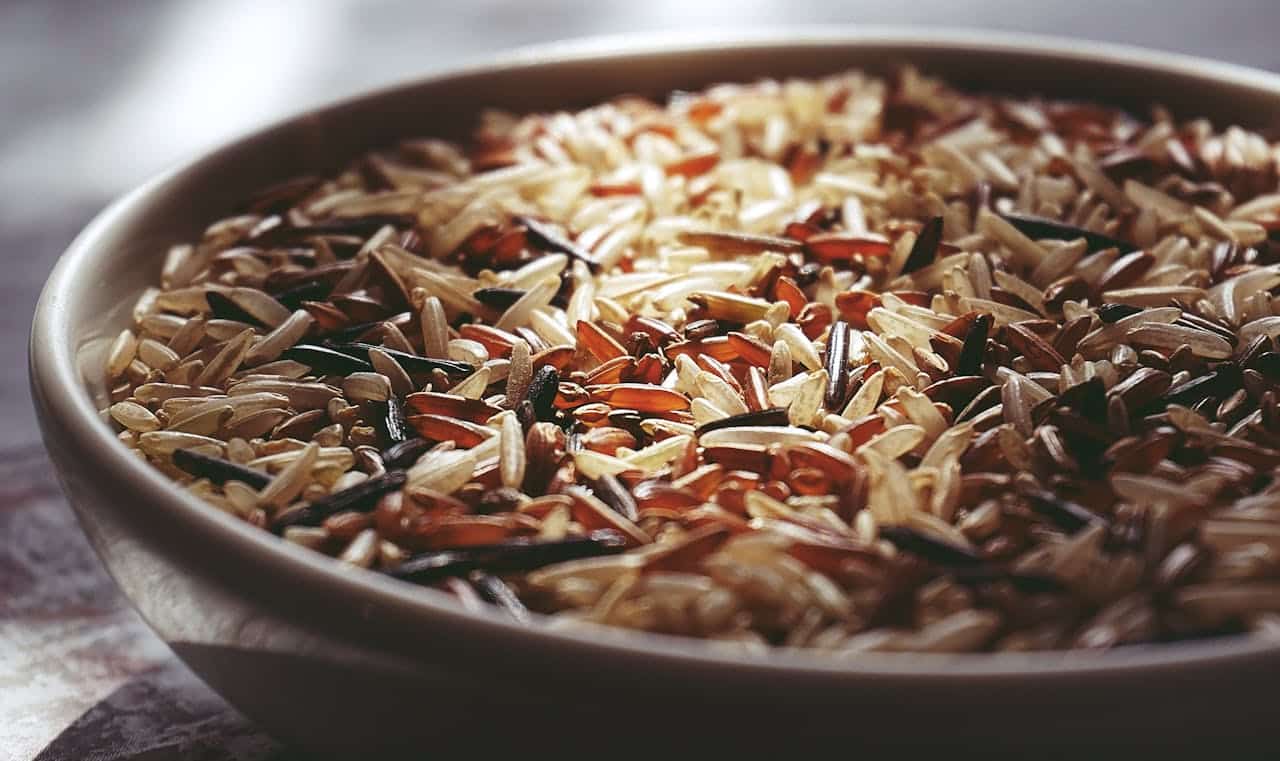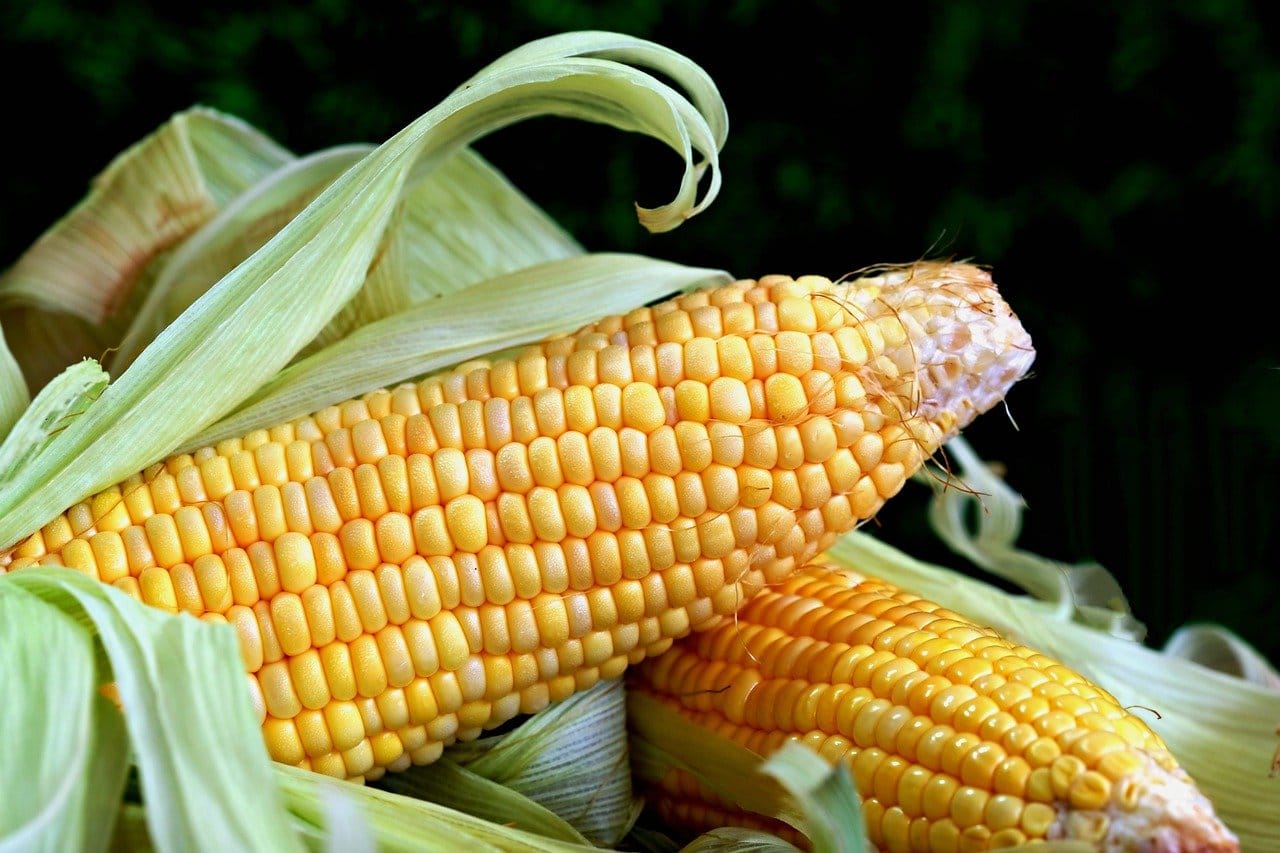The hibiscus plant, a vibrant and versatile flower, has been cherished for centuries for its beauty and numerous health benefits. This tropical plant, with its large, showy blooms in a variety of colors, is not only a delight to the eyes but also a valuable resource for various purposes. In this comprehensive guide, we will delve into the multifaceted benefits of the hibiscus plant, from its ornamental value to its medicinal properties.
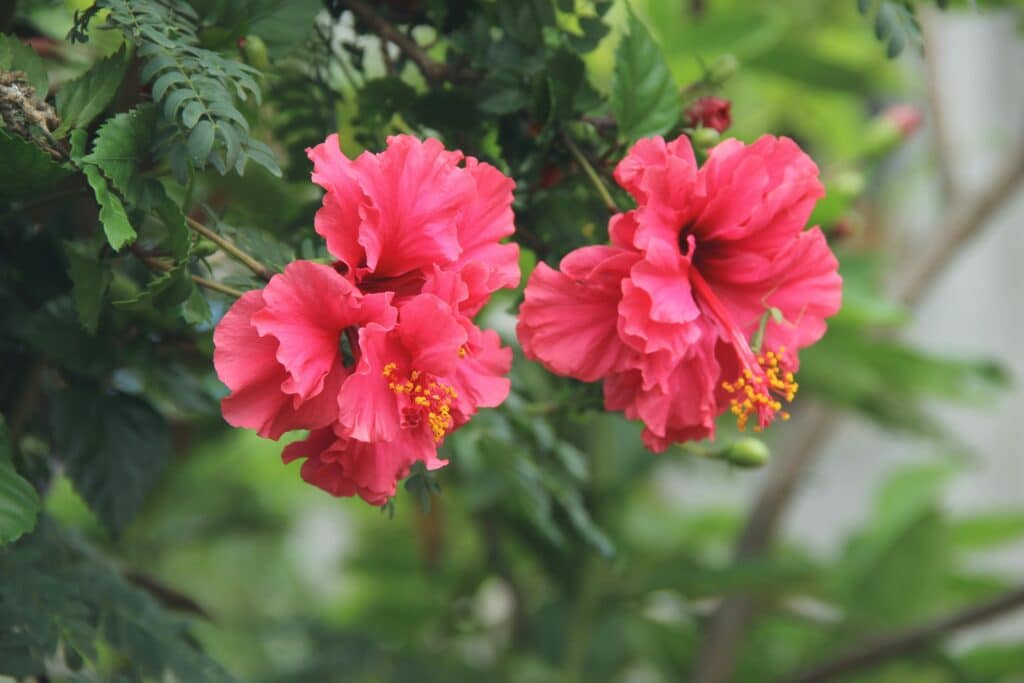
Medicinal Properties
- Rich in Antioxidants: Hibiscus flowers are packed with antioxidants, which help protect the body from damage caused by free radicals.
- Blood Pressure Regulation: Studies have shown that hibiscus tea may help lower blood pressure, making it beneficial for individuals with hypertension.
- Improved Heart Health: The antioxidants and other compounds in hibiscus may help reduce the risk of heart disease by lowering cholesterol levels and reducing inflammation.
- Boosted Immune System: Hibiscus tea can help strengthen the immune system, making it more effective in fighting off infections and diseases.
- Aids in Digestion: Hibiscus tea can help soothe digestive issues and improve overall gut health.
- Skin Benefits: The antioxidants in hibiscus can help protect the skin from damage caused by sun exposure and pollution. It can also help reduce inflammation and promote skin rejuvenation.
- Hair Health: Hibiscus flower extract can be used to strengthen hair, reduce hair loss, and promote hair growth. It can also help add shine and luster to the hair.
Culinary Uses
- Flavorful Tea: Hibiscus flowers are commonly used to make herbal tea, which has a tart and refreshing flavor. Hibiscus tea can be enjoyed hot or cold and can be sweetened with honey or sugar to taste.
- Edible Flowers: Hibiscus flowers are edible and can be used to decorate salads, desserts, and other dishes. They add a touch of color and a delicate flavor to food.
- Natural Food Coloring: Hibiscus flowers can be used as a natural food coloring to add a vibrant hue to drinks, desserts, and other dishes.
Other Uses
- Paper Making: Hibiscus fibers can be used to make high-quality paper.
- Textile Dye: Hibiscus flowers can be used to dye fabrics, producing a range of colors from pink to red.
- Traditional Medicine: In many cultures, hibiscus has been used in traditional medicine to treat various ailments, including fever, cough, and inflammation.
Ornamental Beauty
- A Visual Feast: Hibiscus plants are renowned for their stunning flowers, which come in a wide range of colors, including red, pink, yellow, orange, and purple. Their large, showy blooms can brighten up any garden or indoor space.
- Year-Round Color: Depending on the species and climate, hibiscus plants can bloom year-round, providing a constant source of color and beauty.
- Versatile Landscaping: Hibiscus plants can be grown as shrubs, trees, or vines, making them suitable for various landscaping styles. They can be used as hedges, specimen plants, or even as indoor houseplants.
How to Grow Hibiscus
Sunlight: Hibiscus plants thrive in full sun.
Soil: They prefer well-drained, fertile soil.
Watering: Water regularly, especially during hot, dry weather.
Fertilizing: Fertilize regularly during the growing season.
Pruning: Prune regularly to maintain shape and encourage blooming.
In Conclusion
The hibiscus plant is a versatile and beneficial plant that offers a wide range of advantages. From its ornamental beauty to its medicinal properties, culinary uses, and other applications, hibiscus has something to offer everyone. Whether you're looking to add a touch of color to your garden, improve your health, or simply enjoy a delicious cup of tea, the hibiscus plant is a valuable asset. By incorporating hibiscus into your daily life, you can reap the many benefits of this remarkable plant.

